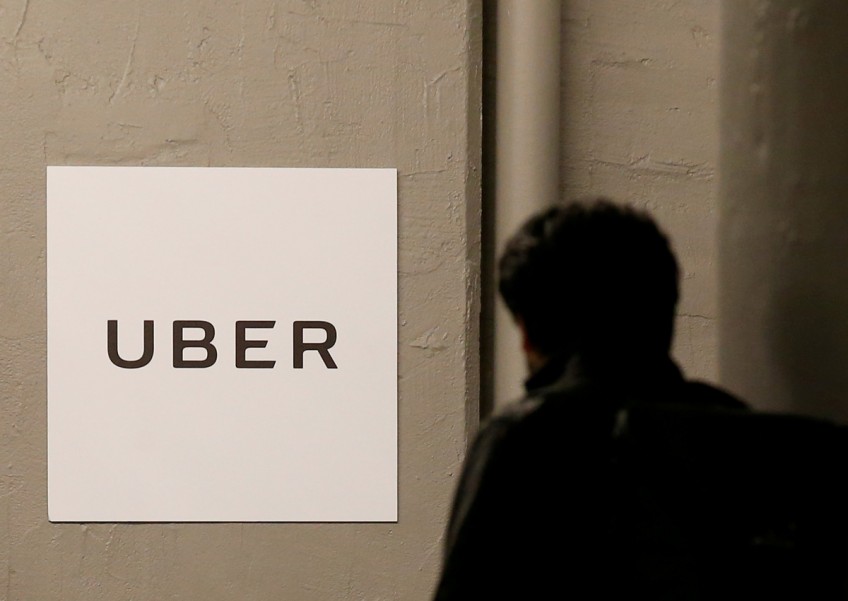Uber's earliest investors publicly criticise company

Two of Uber's earliest investors have joined the hate-on-Uber parade.
In a stern open letter published on Medium, Mitch and Freeda Kapor, who invested in Uber in 2010, criticised the company for a history of "toxic patterns" and hiring a "team of insiders to investigate its destructive culture and make recommendations for change."
Those charged with digging into sexism and sexual harassment allegations that surfaced over the weekend following a female engineer's scathing blog post all have ties to the company, the early investors point out.
They have little faith that the investigation will be truly independent.
Arianna Huffington's on the board, Chief Human Resources Officer Liane Hornsey reports directly to CEO Travis Kalanick, and former attorney general Eric Holder was once a paid lobbyist for Uber.
"We are disappointed to see that Uber has selected a team of insiders to investigate its destructive culture and make recommendations for change. To us, this decision is yet another example of Uber's continued unwillingness to be open, transparent, and direct," they write.
Noting that investors rarely publicly criticise executives at high-profile companies, the Kapors criticise what they described as "toxic patterns" of "responding to public exposure of bad behaviour by holding an all-hands meeting, apologising and vowing to change, only to quickly return to aggressive business as usual."
"Uber's outsize success in terms of growth of market share, revenues and valuation are impressive, but can never excuse a culture plagued by disrespect, exclusionary cliques, lack of diversity, and tolerance for bullying and harassment of every form," they write.
The two are not the first to raise doubts about Uber's investigation, but they are the first investors to publicly criticise the company after Susan Fowler Rigetti (who goes by Susan J. Fowler on her blog) revealed horrendous management and HR practices.
[embed]https://twitter.com/paulbradleycarr/status/834582864016478210?ref_src=twsrc%5Etfw[/embed]
Read the full article here.

Mashable is the go-to source for tech, digital culture, and entertainment content for its dedicated and influential audience around the world.